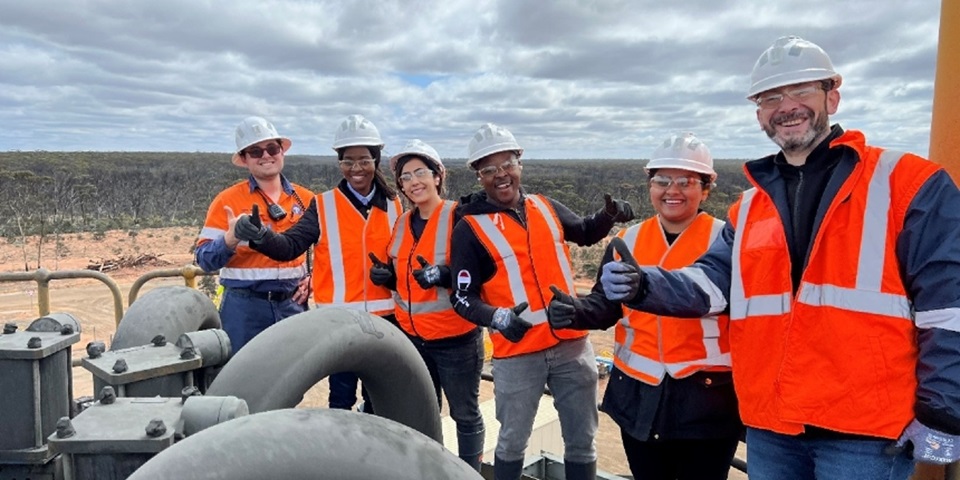Opinion
WA is at the heart of the battery boom

Professor Aleksandar Nikoloski explains the tremendous opportunity in front of WA and how plugging into the battery boom can underpin a clean, sustainable, intelligent way of life.
We rely on batteries every day.
The phones in our pockets, cars on our streets and power to our homes increasingly rely on our ability to efficiently store and release energy.
Battery production is rapidly expanding to meet these demands and a full transition to renewable energy depends on it. But meeting that demand is not simple, nor easy.
The materials used to produce batteries are primarily metals and, in just one century, we have exhausted almost all easily accessible and high-grade deposits on earth.
This makes supplying enough minerals and metals to meet the world’s ever-increasing demand for batteries a global environmental challenge. Western Australia is at the heart of that supply.
This presents a tremendous economic opportunity. The global demand for lithium-ion batteries is forecast to increase elevenfold between 2020 and 2030, to a market value of $92 billion.
While we can only mine new resources for so long, the good news is that metals are essentially indestructible and thus infinitely recyclable. This opens up the possibility of developing effective technologies to solve both supply and disposal issues.
If we can establish a circular economy for metals that also enables renewable energy to be efficiently stored and distributed, we can deliver a sustainable economy for batteries, technology and society at large.
However, this will take a great collective effort.
We have already made great progress in developing technology to extract metals from batteries that have reached the end of their life, and recycling has the added benefit of reducing the dumping of old batteries to landfill.
However, there is still much to be done and science and engineering have a large role to play in establishing a thriving battery industry in Western Australia that is fed by both metal mining and recycling the metal in old batteries.
My vision is for technology to improve life today without degrading the earth for future generations - for a world where metals are reused indefinitely to deliver a clean, sustainable, intelligent way of life.
I welcome the engineers and scientists of the future to join me in delivering this vision.
- By Professor Aleksandar Nikoloski
Image: Murdoch university students with Professor Nikoloski (far right) visiting IGO Ltd's nickel, copper and cobalt operation.
For research news delivered to your inbox, sign up to our monthly newsletter.